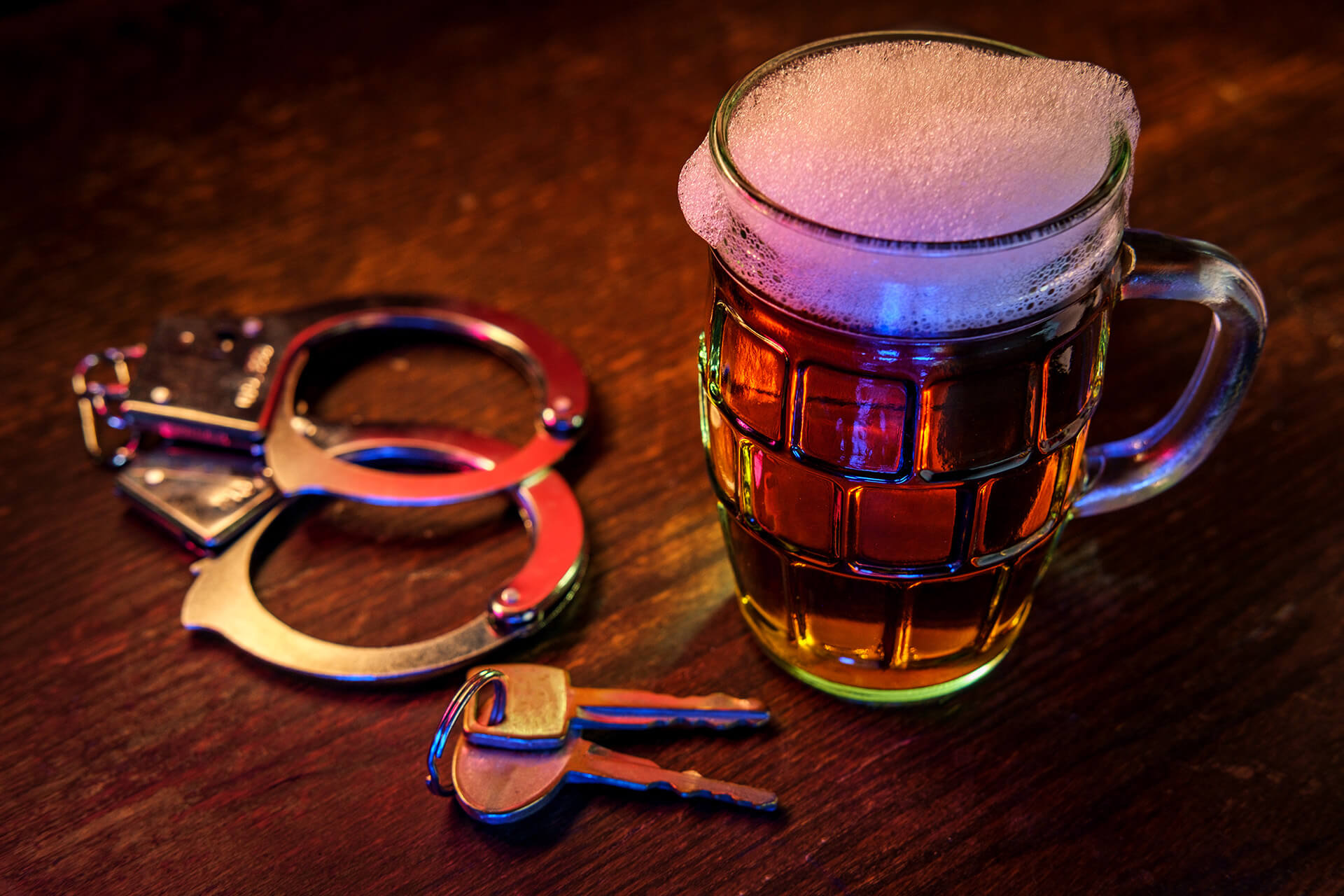
Table of Contents
ToggleDWI ‘No Refusal’ Checkpoints Throughout South Texas
Law enforcement agencies across South Texas are taking part in strategic DWI enforcement campaigns to raise awareness about the consequences of drunk driving, and to ensure that prosecutors have the proper evidence to ensure DWI convictions. While a number of people are arrested for suspicion of driving while intoxicated, some may refuse to provide a chemical sample through a blood or breath test, which is commonly the primary piece of evidence in drunk driving cases. Without it, prosecutors may be forced to offer plea bargains or dismiss cases altogether.
To combat this problem, police and prosecutors are banning together to support “no refusal” strategies to stop drivers from refusing a field sobriety test. Essentially, “no refusal” refers to the practice of getting search warrants for blood samples in one central location, usually near the scene of a DWI stop, so that an arrestee cannot invoke his or her right to refuse a chemical test in the hopes of thwarting a DWI charge.
The refusal of a field sobriety test has its own consequences because of Texas’ implied consent law. Under the implied consent provision, drivers face license suspension for refusing a blood or breath test when requested by law enforcement.
The “no refusal” policy is intended to make judges available at sobriety checkpoints (or at police stations) to issue search warrants so that on-site nurses can immediately take blood samples and measure a driver’s blood alcohol concentration (BAC). This way, suspected drivers would not be able to prevent police from obtaining DWI evidence.
Prosecutors applaud this policy as it provides a uniform and efficient procedure to ensure proper evidence in DWI cases. This way, law enforcement can effect strict compliance with the law. However, there may still be warrants that are improperly granted, because they will be based solely on the arresting officer’s observations. If you have been charged with driving while intoxicated based on a “no refusal” search warrant, an experienced Houston DWI defense attorney can advise you of your rights as well as any available defenses.
Free Consultation
Contacting us will only take a moment of your day
Practice Areas
Criminal Defense
- Criminal Defense
- 1st Offense DWI
- 2nd Offense DWI
- 3rd Offense DWI
- Aggravated Crime
- Aggravated Sexual Assault
- Alcohol Breathalyzer Test
- ALR Hearing
- Arson
- Assault
- Attempted Sexual Assault
- Bail and Bond Proceeding
- Burglary
- Burglary with Intent to Commit Sexual Assault
- Campus Sex Crime
- Capital Murder
- Child Molestation
- Child Pornography
- Computer Sex Crimes
- Continuous Sexual Assault
- Commercial Driver’s License Suspension
- Counterfeiting Money Defense
- Criminal Appeals
- Criminal Mischief
- Domestic Violence
- Driver’s License Suspension
- Driving While License Suspended
- Drug Crime
- Drug Trafficking
- DUID
- DWI
- DWI with a Child Passenger
- DWI with BAC Over 0.15
- Embezzlement
- Enhanced DWI
- Expungement
- False Allegations of Sexual Misconduct
- False Statements to a Financial Institution
- Federal Crime
- Federal Drug Charges
- Felony DWI
- Felony
- Field Sobriety Tests
- Forgery Defense
- Fraud
- Grand Jury Proceedings
- Gun Crime
- Hate Crime
- Heroin Possession
- Hit and Run Accident
- Human Trafficking
- Identity Theft
- Indecent Exposure
- Insurance Fraud
- Intoxication Assault
- Intoxication Manslaughter
- Juvenile Crime
- Juvenile DWI
- Marijuana Defense
- Misdemeanor DWI
- Misdemeanor
- Money Laundering
- Mortgage Fraud
- Multiple DWI
- Online Solicitation of a Minor
- Open Container
- Prescription Drugs
- Probation Violation
- Protective Order
- Public Intoxication
- Public Lewdness
- Rape
- Sex Crime
- Sex Offender Registration
- Sexting Defense
- Sexual Offenses Against Children
- Sexually Oriented Business
- Sexual Exploitation of a Minor
- Smuggling
- Solicitation
- Suborning Perjury
- Tax Crime
- Theft
- Traffic Ticket
- Underage Alcohol Offenses
- Underage DWI
- Violent Crime
- White Collar Crime
- Other Crimes
Family Law
Testimonials
Tad and Amber are literally top of the game. When I need results, they are the only people I trust. Quality of service, knowledge and professionalism throughout. Don't gamble with a lawyer on any legal issue, you only want to bet on the best!
Thank you Tad Nelson for standing up for me and what is right, Tad Nelson is obviously well known and respected through out the court system as he spoke with authority and precisely to the assistant DA resulting in the dismissal of my case before the case went to trial. Thank you again. if you want it done call Tad Nelson
I hired them a while back for a DWI out in Harris County, they're good and if you need help with any kind of legal matter, give em a call. For a lawyer, Tad has a great personality so working with him should be easier than working with other lawyers.
He is the one lawyer that I can call and put my trust into. We’ve used him a couple of times, once for a family matter and another time for a troubled relative. He’ll help, tell you the truth with no sugar-coating, and will work for his salt. He’s a good guy and when you go to their office, they make you feel at home, like you’re part of the team. Good lawyers and great folks.
I've had the pleasure of working with Tad personally as a technology consultant for him in the past. We've eaten lunch and dinner together. I know that Tad is very dedicated to his clients and cares for them off the clock. He's definitely the lawyer you want on your side.